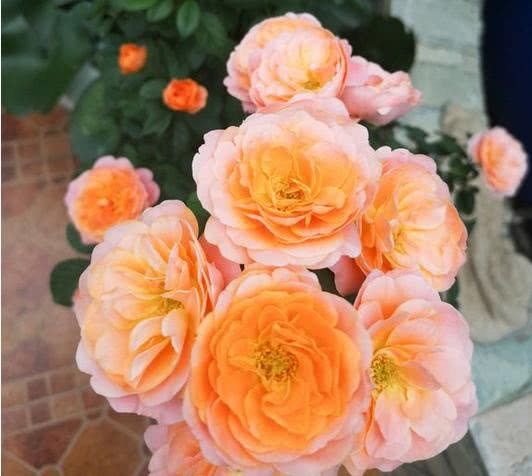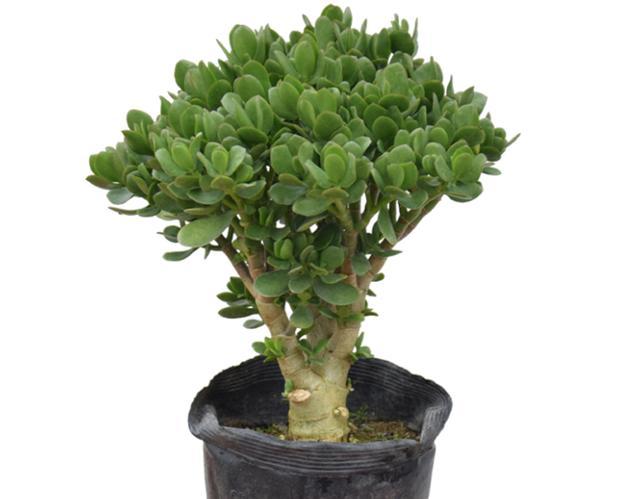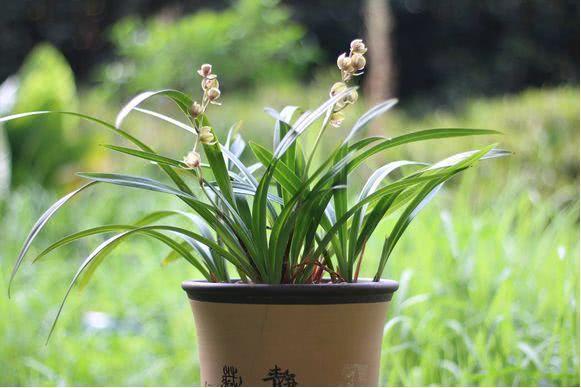Your mini-rose doesn't last long. Maybe you didn't take precautions.

Miniature rose is very suitable for viewing on the table because of its short plants, beautiful flowers and small space, and it is also very convenient to raise it on a small balcony. Therefore, it is also loved by many flower friends. But the problem is, not long after the mini rose was bought back, there were all kinds of problems, and they died if they were not saved in time.
What problems do you usually have? The most common and initial problem is usually the loss of leaves, and then the petals follow one by one, or the whole flower withered. Why is there such a problem? This is mainly because the adaptability of these miniature roses is actually a little weak.
Of course, it also has something to do with the region where it is planted. The climatic conditions in some areas (the north) are even worse for mini-roses, and problems are more likely to occur. And these flowers are usually planted in the greenhouse before they reach flower friends. The conditions in the greenhouse, whether temperature, humidity, light are under artificial control, as far as possible to meet the needs of plant growth.
The most troublesome problem of domestic miniature rose is the red spider. This problem had better be prevented first, because the resistance of miniature rose is poor. If you buy it back, give it medicine to prevent it! The drug can choose avermectin, Aika mite, Jinmanzhi or Huasen, spray the whole plant after dispensing the drug, once a week or so. If the red spider has appeared, spray it once every 3-5 days and use it three or four times in a row.
Another thing is to control water, especially in summer. Because the summer climate is hot and the temperature is high, if you pour a lot of water, there will be a situation of high temperature and humidity, so the rose is easy to die. In addition, we should pay attention to the ventilation of the maintenance environment, and use exhaust fans or small fans to speed up the flow of indoor air.
Proper sunshine has the effect of sterilization and dehumidification, so don't keep the miniature rose in a place that can't accept the sun all the time. Of course, if the red spider is seriously ill, changing the soil and changing the basin is also helpful to completely eliminate the eggs. Pay attention to avoid damaging the roots as much as possible, and spray insecticides on the roots as well.
- Prev

The pruning skills of swallow palms the leaves are thick and exploding.
The leaves of swallow palm are thick and green, the shape is beautiful and the ornamental value is high. Generally, pruning can not only make the plant beautiful in shape, but also promote the germination of branches and leaves and flowering. The general time should be in the spring and autumn season, pruning thin and dense branches and leaves.
- Next

The delicate orchids should be kept in mind.
Orchid can be said to be one of the "four treasures of the study" in the flower world, and its elegance has been loved by writers and writers since ancient times. With a wide variety of orchids and different colors, there are always one or two pots that win the hearts of flower friends. But orchids are very delicate.
Related
- Wuhan Hospital Iron Tree Blooming Result Was Instantly Frightened by the Gardener Master
- Which variety of camellia is the most fragrant and best? Which one do you like best?
- What is the small blue coat, the breeding methods and matters needing attention of the succulent plant
- Dormancy time and maintenance management of succulent plants during dormancy
- Minas succulent how to raise, Minas succulent plant pictures
- What are the varieties of winter succulent plants
- How to raise succulent plants in twelve rolls? let's take a look at some experience of breeding twelve rolls.
- Attention should be paid to water control for succulent plants during dormant period (winter and summer)
- Watering experience of twelve rolls of succulent plants
- Techniques for fertilizing succulent plants. An article will let you know how to fertilize succulent plants.

